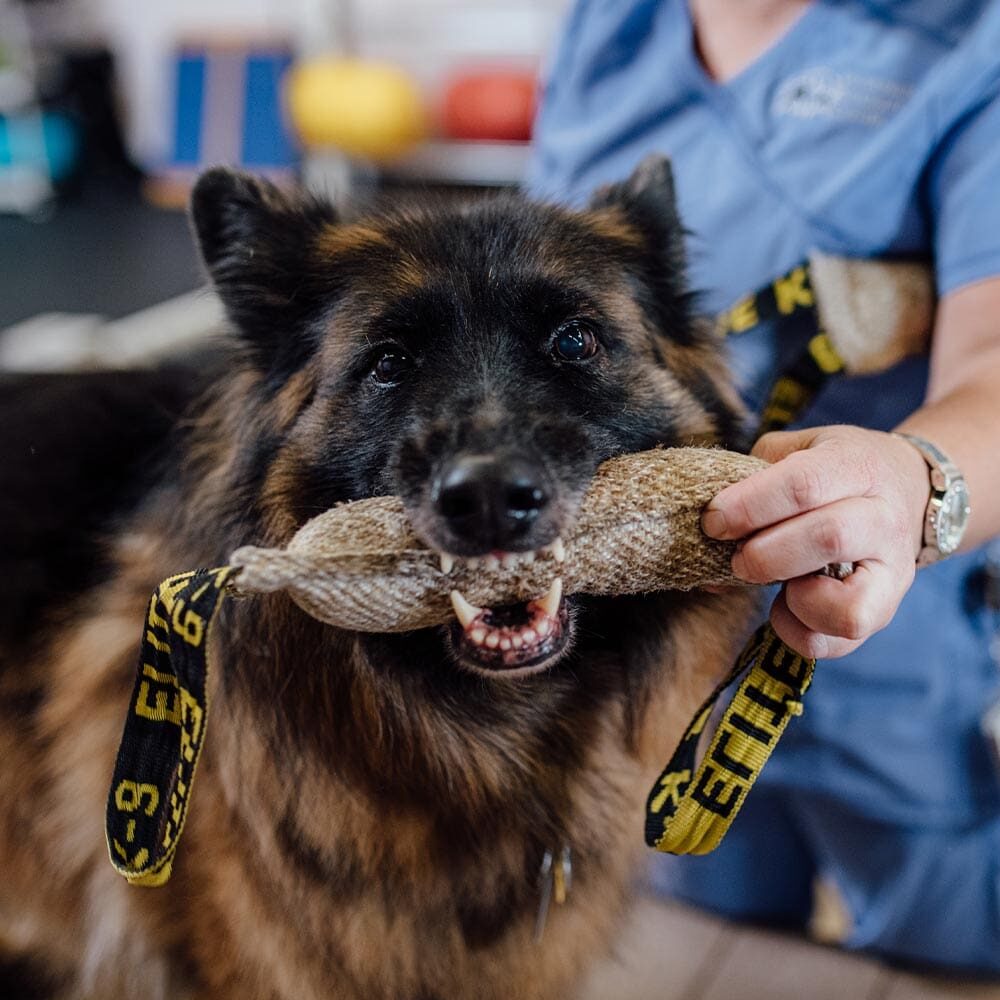

Before you come to Veterinary Specialty Center with your pet, our team works with you to take some of the stress out of your visit. Our client service team will guide you through the appointment process. They will outline what to expect during the visit, how to prepare your pet, and let you know where to find additional information on our website.
You will receive a text or follow-up call prior to your appointment. At this time, they will revisit fasting instructions and any medication your pet may need to refrain from taking if he or she is undergoing anesthesia or certain diagnostic evaluations.
Before your visit, your pet’s regular veterinarian will be asked to send us all records, current laboratory and blood work, biopsy information (if applicable), and digital X-rays. If your vet doesn’t have digital X-rays, he or she may send copies of your pet’s X-rays with you. Please note that some hospitals require the owner’s permission before sending the pet’s medical information.
Learn more about preparing for an ER visit here.
Why Are Some Diagnostics Repeated?
Sometimes when a pet is admitted through emergency, we will not have diagnostics from your veterinarian, especially if they are closed for the day or they haven’t received diagnostics from an outside lab. Sometimes there are abnormalities in lab work or radiographs that warrant follow-up testing to help us better diagnose what is happening in the moment.


Ultrasounds
It is not uncommon for us to repeat ultrasounds. Because an ultrasound is a dynamic study, our Radiologists cannot gain a full understanding of a patient’s condition with still pictures and are only able to comment on the structures visualized by the operators.
Ultrasounds may need to be repeated for a variety of reasons:
-
To get better measurements of abnormalities (ie: there are liver nodules but how many, how large exactly, how deep within the liver);
-
To further assess if a patient is a surgical or endoscopy candidate (ie: is a mass close to a certain vessel to get clean margins, or if the bowel is thickened is it in an area that can be reached with a camera);
-
To future evaluate the progression of a disease process;
-
To provide more definition of the condition with a higher frequency ultrasound probe (ie: if the intestines is thickened which exact layer is thickened. Often this cannot be detected with less specialized machines);
-
To gain extra interpretation from our radiologist. There is no replacement for the skills of a board-certified radiologist.

